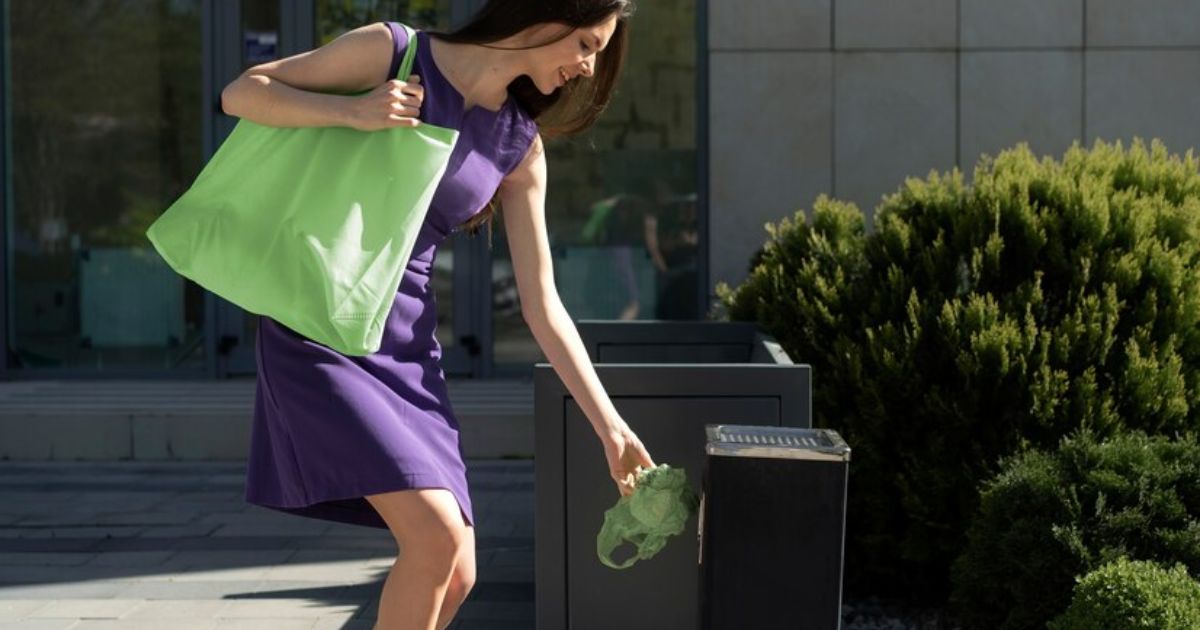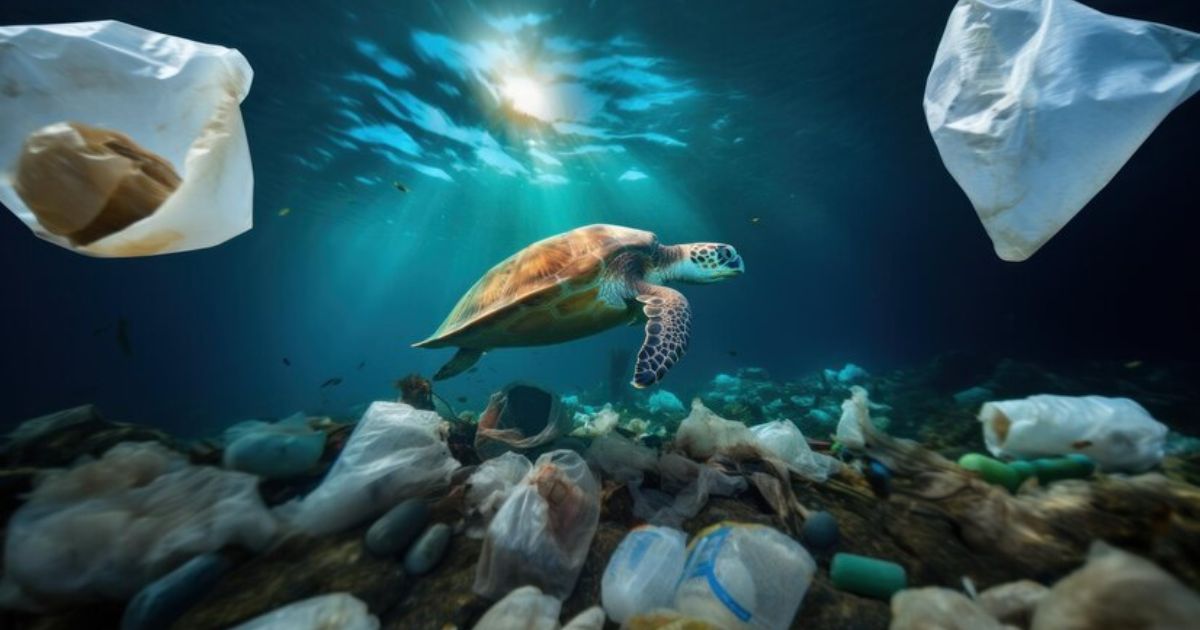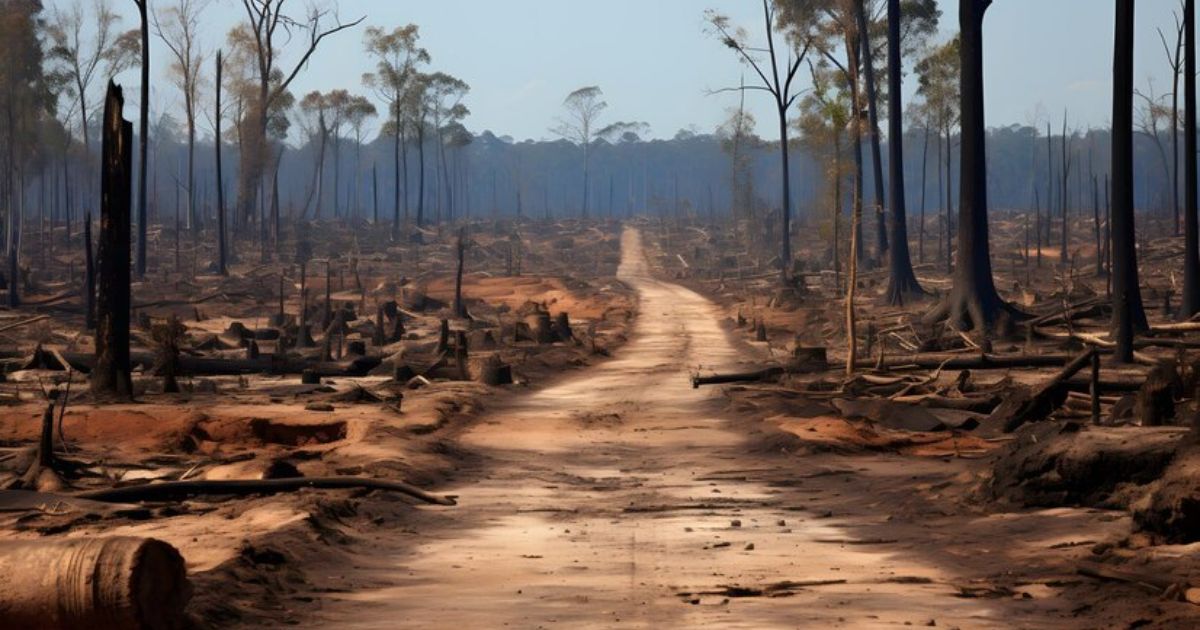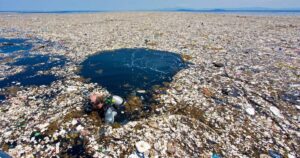Hey there, you know that feeling when you toss something aside and never think about it again? Well, what if I told you that those discarded items have a much bigger impact than you might realize? In this article, we’re diving into the environmental consequences of neglecting waste management. From the effects on wildlife to the long-term consequences of ignoring trash cleanup, we’ll explore the importance of individual responsibility and innovative solutions for reducing waste. Get ready to make a positive impact on the environment and belong to a community that cares.
Key Takeaways
- Trash accumulation in the environment, including oceans, leads to severe ecosystem degradation and threatens wildlife.
- Plastic pollution from discarded trash harms marine life, with animals becoming entangled in plastic waste and mistaking it for food.
- Proper waste management, including recycling and reducing waste, plays a vital role in minimizing the negative impact of trash and protecting the environment.
- Individual actions, such as embracing sustainable packaging, reducing food waste, and opting for sustainable transportation options, can contribute to a cleaner and healthier planet for future generations.
The Environmental Impact of Discarded Trash
Why should you care about the environmental impact of the trash you throw away? The consequences of littering and environmental pollution are far-reaching and affect not only the natural world but also our own well-being. When you discard trash irresponsibly, it can end up in our oceans, polluting the water and harming marine life. Plastics, in particular, are a major source of concern as they take hundreds of years to decompose.
This leads to the accumulation of plastic waste in landfills and ecosystems, disrupting the delicate balance of nature. Additionally, littered trash can release harmful chemicals and toxins into the environment, posing risks to both plants and animals. By taking action to reduce, reuse, and recycle, you can play a vital role in minimizing the negative impact of trash on our environment and creating a cleaner, healthier planet for future generations to enjoy.
The Consequences of Neglecting Waste Management
If you neglect waste management, you will inevitably contribute to the growing problem of environmental pollution. Improper waste disposal has severe consequences that affect both our environment and economy. When waste is not properly managed, it can contaminate soil, water, and air, leading to harmful effects on ecosystems and human health. Plastic waste, for example, can take hundreds of years to decompose, causing long-lasting damage to our planet.
Furthermore, the economic impact of waste mismanagement is significant. Cleanup and restoration efforts can be costly, as resources are needed to address pollution and its effects. Additionally, industries that rely on clean environments, such as tourism and agriculture, suffer when pollution levels rise. Proper waste management is essential to mitigate these consequences and ensure a sustainable future for all.
How Trash Accumulation Affects Wildlife?
Trash accumulation has a significant impact on wildlife, especially through plastic pollution. When plastic waste enters ecosystems, it can entangle animals, leading to physical harm and even death. Additionally, marine wildlife often mistake plastic debris for food, causing digestive issues and starvation. It is crucial to take action and address the issue of trash accumulation to protect and preserve the well-being of wildlife populations.
Wildlife and Plastic Pollution
By neglecting to retrieve the litter you discarded, you contribute to the harmful impact of plastic pollution on wildlife. Plastic waste is a significant threat to wildlife conservation, as it poses various dangers to animals in both terrestrial and aquatic environments. When animals mistake plastic for food or become entangled in it, the results can be devastating. Plastic pollution disrupts the natural balance of ecosystems, affecting the survival and well-being of countless species.
To mitigate this issue, it is crucial to prioritize proper plastic waste management. This involves reducing, reusing, and recycling plastic items, as well as promoting responsible disposal practices. By taking action to minimize plastic pollution, you can play a vital role in protecting wildlife and preserving the delicate balance of our ecosystems.
Impact on Marine Ecosystems
To understand the detrimental effects of plastic pollution on wildlife, let’s delve into the impact it has on marine ecosystems. Marine pollution caused by plastic waste has led to severe ecosystem degradation in our oceans. The accumulation of trash in these ecosystems poses a significant threat to marine wildlife. Plastic debris can entangle and suffocate marine animals, causing injury, disability, and even death.
Additionally, marine species mistakenly ingest plastic, leading to internal blockages and malnutrition. This disruption in the natural balance of marine ecosystems can have far-reaching consequences, affecting the entire food chain and biodiversity. It is crucial for us to recognize the urgent need to address this issue and take action to reduce marine pollution. By doing so, we can protect and preserve the delicate balance of our marine ecosystems. Moving forward, let’s explore the role of individual responsibility in waste disposal and how we can make a positive impact.
The Role of Individual Responsibility in Waste Disposal
Take ownership of your waste disposal habits. Individual accountability plays a crucial role in waste management and maintaining a clean environment. By taking responsibility for your own waste, you contribute to the overall well-being of your community and foster a sense of belonging. It is essential to understand that your actions have a direct impact on the environment and the people around you. By properly disposing of waste, recycling, and reducing consumption, you can significantly reduce the amount of waste that ends up in landfills or pollutes our oceans.
Additionally, community involvement is key to creating sustainable waste management practices. Participating in local clean-up events, educating others, and supporting initiatives that promote responsible waste disposal are all ways to make a positive difference. Let’s work together to create a cleaner and healthier environment for everyone.
The Importance of Proper Recycling Practices
Proper recycling practices are essential for reducing landfill waste, preserving natural resources, and protecting the environment. By recycling, you can help divert materials from overflowing landfills, which reduces the need for new landfills and the associated environmental impact. Additionally, recycling allows valuable resources like metals, paper, and plastics to be reused, conserving natural resources and reducing the energy required for production. Take action today and make a difference by practicing proper recycling habits.
Reduce Landfill Waste
Make a conscious effort to cut down on landfill waste by incorporating responsible recycling practices into your daily routine. Proper recycling is crucial for reducing landfill capacity and promoting sustainable waste management. Here are three important actions you can take to ensure acceptable outdoor trash storage:
- Separate recyclables: Implement a system in your home or workplace to separate recyclable materials such as paper, plastic, glass, and metal. This will ensure that these items can be processed and reused instead of ending up in landfills.
- Educate yourself: Stay informed about local recycling guidelines and practices. Understand what can and cannot be recycled in your area to avoid contaminating the recycling stream. Knowledge empowers you to make informed choices and contribute to effective recycling efforts.
- Reduce and reuse: Before tossing items in the recycling bin, consider if they can be reduced or reused. Opt for reusable alternatives instead of single-use products to minimize waste generation. By reducing and reusing, you can significantly decrease the amount of waste that enters landfills.
Preserve Natural Resources
You can actively contribute to preserving natural resources by incorporating responsible recycling practices into your daily routine. Recycling is a crucial aspect of sustainable living, as it helps reduce the demand for raw materials and minimizes the need for energy-intensive extraction processes. By recycling, you are helping to conserve biodiversity and protect natural habitats.
When we recycle materials like paper, plastic, glass, and metal, we decrease the amount of waste that ends up in landfills, reducing the negative impact on the environment. Recycling also helps to conserve water, reduce greenhouse gas emissions, and save energy. It is important to properly sort and clean recyclables to ensure they can be effectively processed and reused. By adopting responsible recycling practices, you are making a significant contribution to preserving natural resources and creating a more sustainable future.
Protect the Environment
By responsibly recycling, you can actively contribute to protecting the environment. Here are three important reasons why individual actions and sustainable practices in recycling are crucial:
- Conservation of Resources: Recycling reduces the need for raw materials, such as trees for paper or metals for manufacturing. By reusing materials, we can conserve natural resources and minimize the environmental impact associated with their extraction.
- Reduction of Landfill Waste: Proper recycling practices help divert waste from landfills. Landfills not only take up valuable land space but also release harmful greenhouse gases into the atmosphere. Recycling reduces the volume of waste that ends up in landfills, promoting a healthier environment.
- Energy Conservation: Recycling reduces the energy required to produce new products from raw materials. By recycling materials like plastic, glass, and aluminum, we can save energy that would otherwise be needed for extraction, processing, and transportation.
The Long-Term Effects of Ignoring Trash Cleanup
Ignoring trash cleanup can have detrimental consequences for the environment and future generations. The long-term consequences of neglecting to clean up trash are far-reaching and pose serious threats to public health. Accumulated trash can release harmful chemicals and pollutants into the environment, contaminating soil, water, and air. This can lead to the spread of diseases, respiratory problems, and other health issues. Additionally, trash can attract pests and vermin, creating breeding grounds for disease-carrying organisms.
The decomposition of organic waste produces methane, a potent greenhouse gas that contributes to climate change. Furthermore, the unsightly presence of trash in our communities can lead to a decrease in property values and a sense of neglect. It is crucial to take action and prioritize trash cleanup for the well-being of both our environment and future generations.
Innovative Solutions for Managing and Reducing Waste
One way to address the detrimental consequences of neglecting trash cleanup is by exploring innovative solutions for managing and reducing waste. Here are three ideas to help tackle this issue:
- Embrace sustainable packaging: Opt for packaging materials that are eco-friendly and can be easily recycled or composted. This reduces the amount of waste generated and promotes a more sustainable approach to packaging.
- Adopt a circular economy model: Instead of the traditional linear model of “take-make-dispose,” a circular economy focuses on minimizing waste and maximizing resource efficiency. This involves designing products for longevity, reusing materials, and recycling to create a closed-loop system.
- Educate and empower individuals: Raise awareness about the importance of waste management and provide resources for individuals to take action. Encourage practices such as reducing food waste, composting, and recycling to actively contribute to waste reduction efforts.
Taking Action: Ways to Make a Positive Impact on the Environment
To make a positive impact on the environment, start by actively participating in sustainable practices. One of the most effective ways to reduce carbon emissions is by opting for sustainable transportation options. By choosing modes of transportation that are eco-friendly, you can significantly contribute to reducing greenhouse gas emissions and air pollution. Here are some sustainable transportation options you can consider:
| Sustainable Transportation Options | Benefits |
|---|---|
| Cycling | Reduces carbon emissions, promotes physical health |
| Public Transportation | Decreases traffic congestion, lowers carbon footprint |
| Electric Vehicles | Emits zero tailpipe emissions, reduces dependence on fossil fuels |
| Carpooling | Reduces the number of cars on the road, saves money on fuel |
FAQ,s
How Can Individuals Contribute to Reducing Waste if They Don’t Pick up the Trash They Threw Away?
If you neglect waste management and don’t pick up the trash you threw away, there are consequences such as pollution and harm to wildlife. However, you can still contribute to reducing waste by utilizing alternative methods like recycling and composting.
What Are Some Alternative Methods for Managing and Reducing Waste if We Ignore Trash Cleanup?
If you truly believe that picking up your own trash is not the solution, there are alternative methods for managing and reducing waste. Explore waste reduction techniques and embrace the power of collective action.
Are There Any Potential Benefits to Wildlife if We Don’t Pick up the Trash We Threw Away?
Not picking up the trash you threw away may have potential benefits for wildlife, such as providing new habitats or food sources. However, it is important to consider the negative consequences, such as pollution and harm to animals.
Can Neglecting Waste Management Lead to Any Positive Outcomes?
Neglecting waste management can have positive outcomes. Innovative waste reduction methods can be explored to reduce the environmental impact. Join the movement towards a cleaner future and contribute to a healthier planet.
What Are the Consequences of Not Practicing Proper Recycling if We Don’t Pick up the Trash We Threw Away?
If you don’t practice proper recycling and neglect to pick up your trash, the consequences are dire. You contribute to environmental degradation, hinder the reduction of waste, and deprive future generations of a clean and sustainable world.
Conclusion
Don’t just discard your trash and walk away; take responsibility for its impact on the environment. Neglecting waste management has dire consequences for wildlife and ecosystems. By adopting proper recycling practices and actively participating in trash cleanup efforts, individuals can make a significant positive impact on the environment. Remember, the long-term effects of ignoring trash accumulation are far-reaching, but with innovative solutions and collective action, we can create a cleaner and more sustainable future. Take action now and be the change our planet needs.










